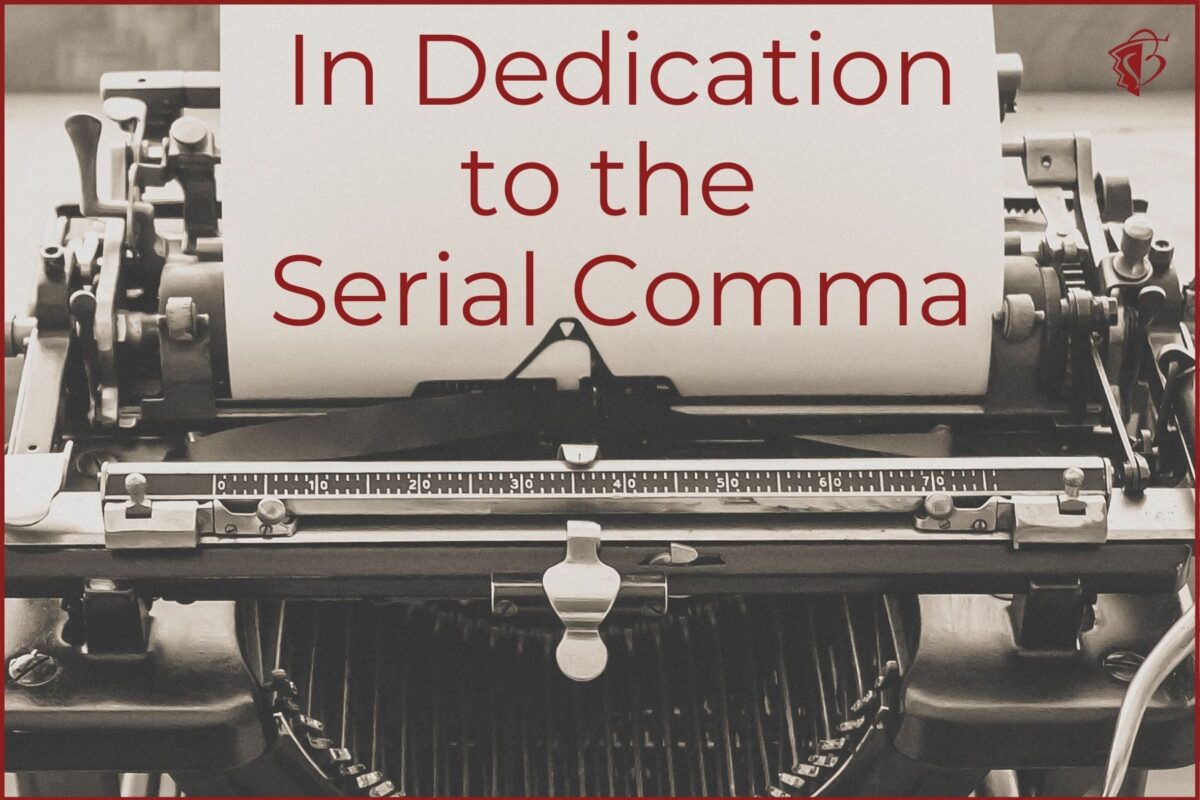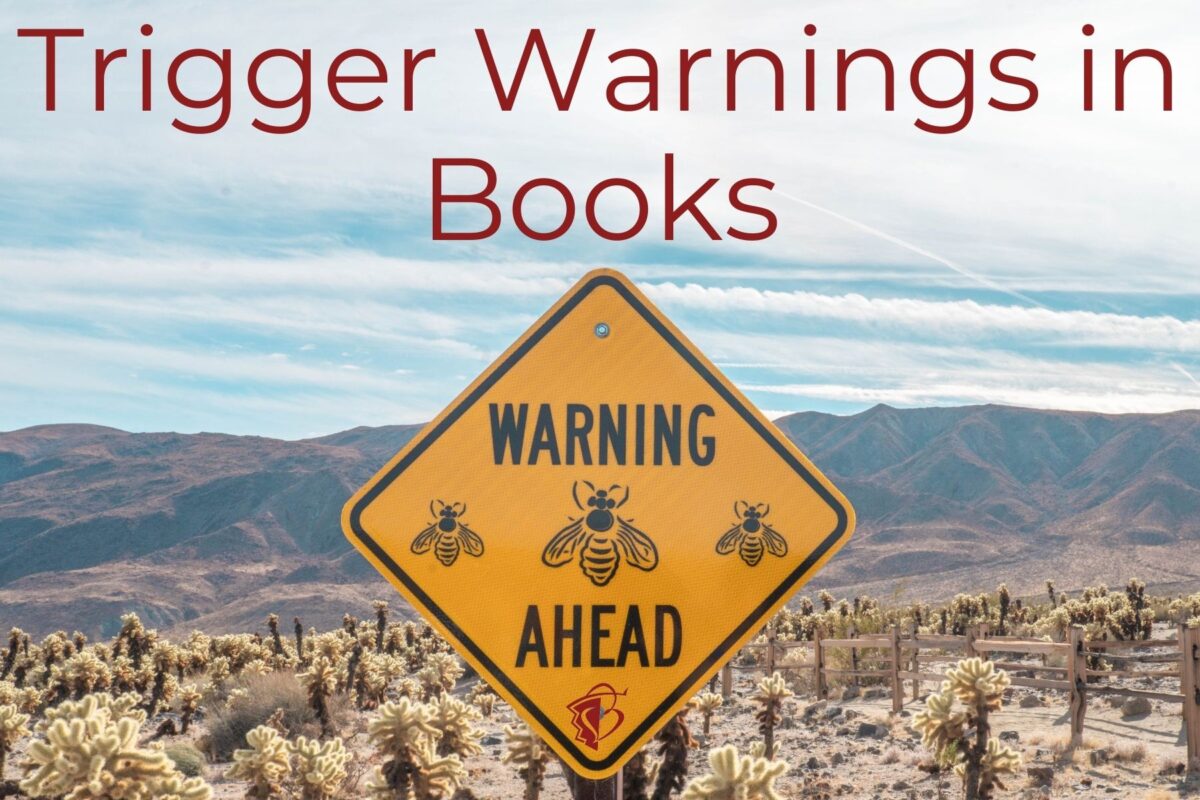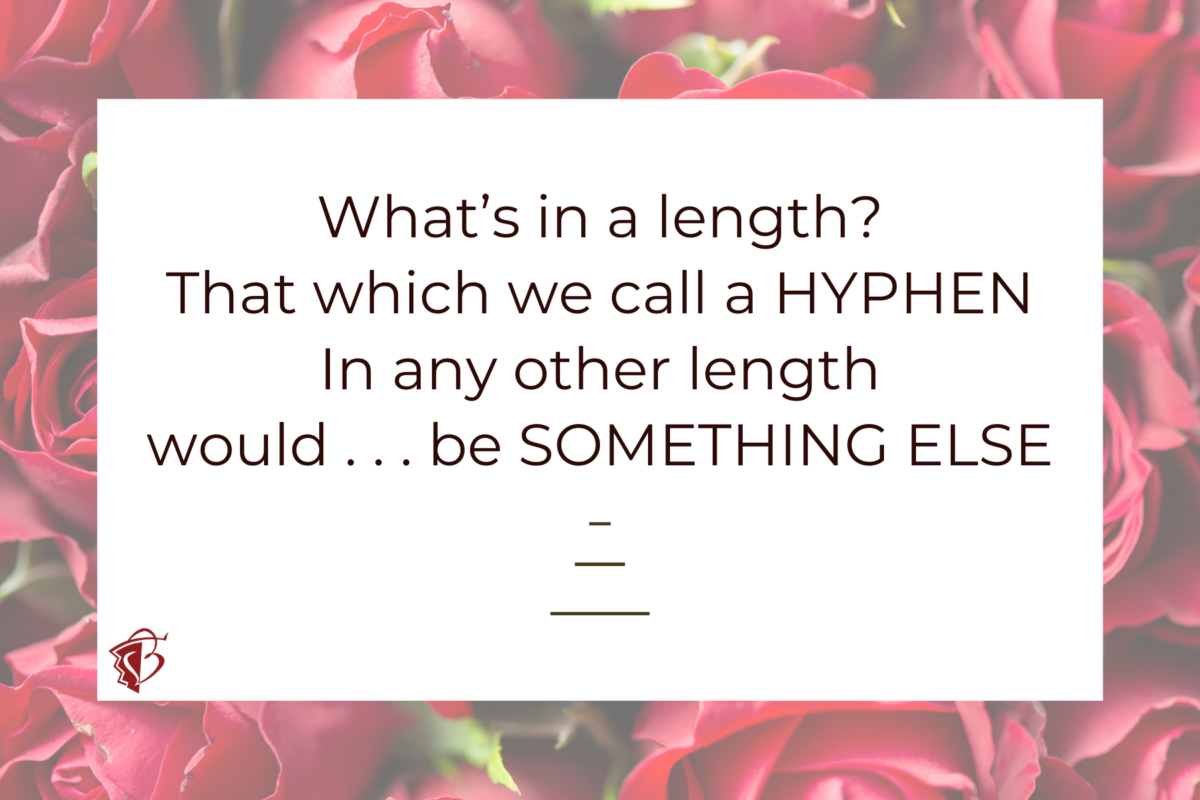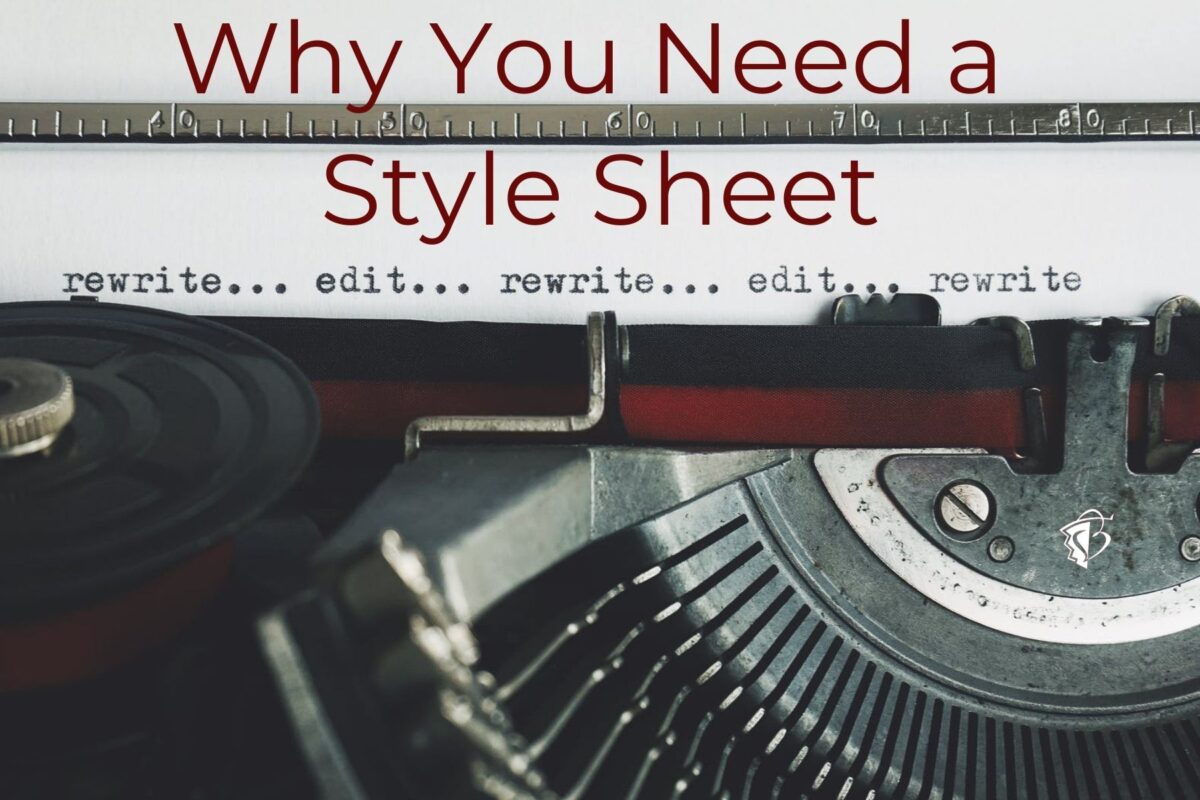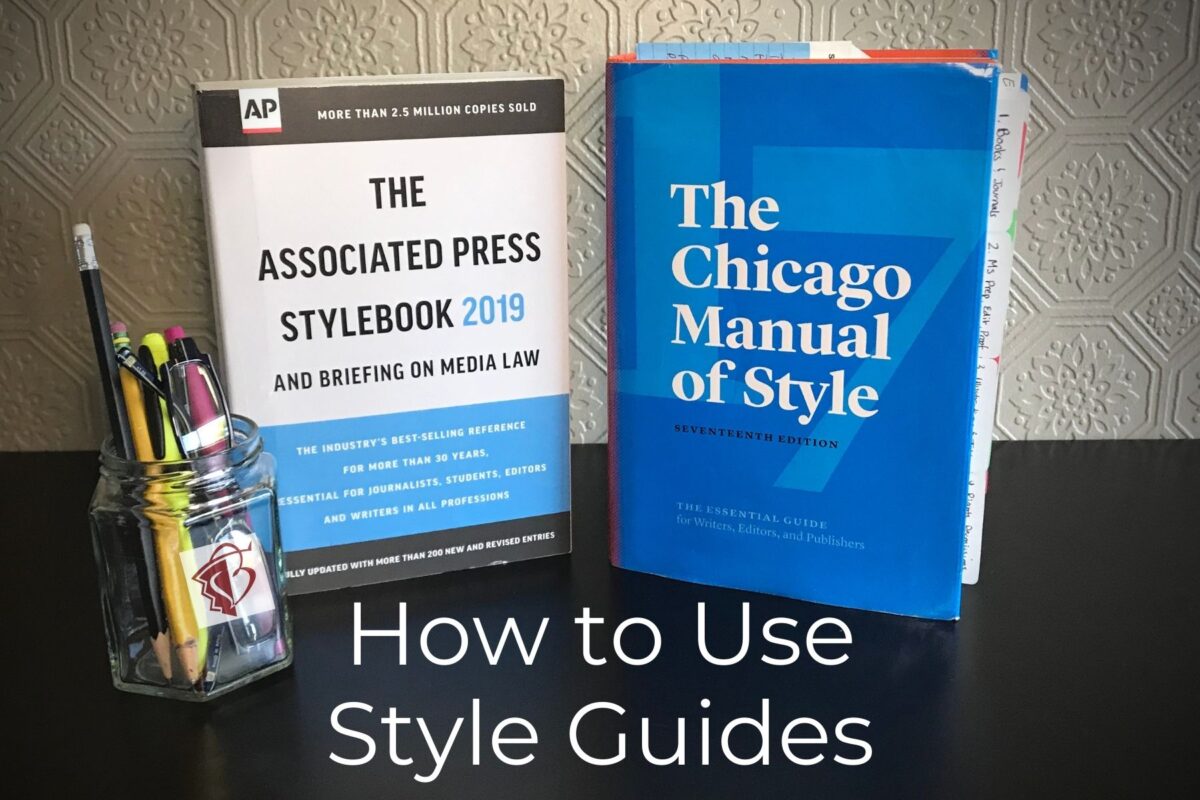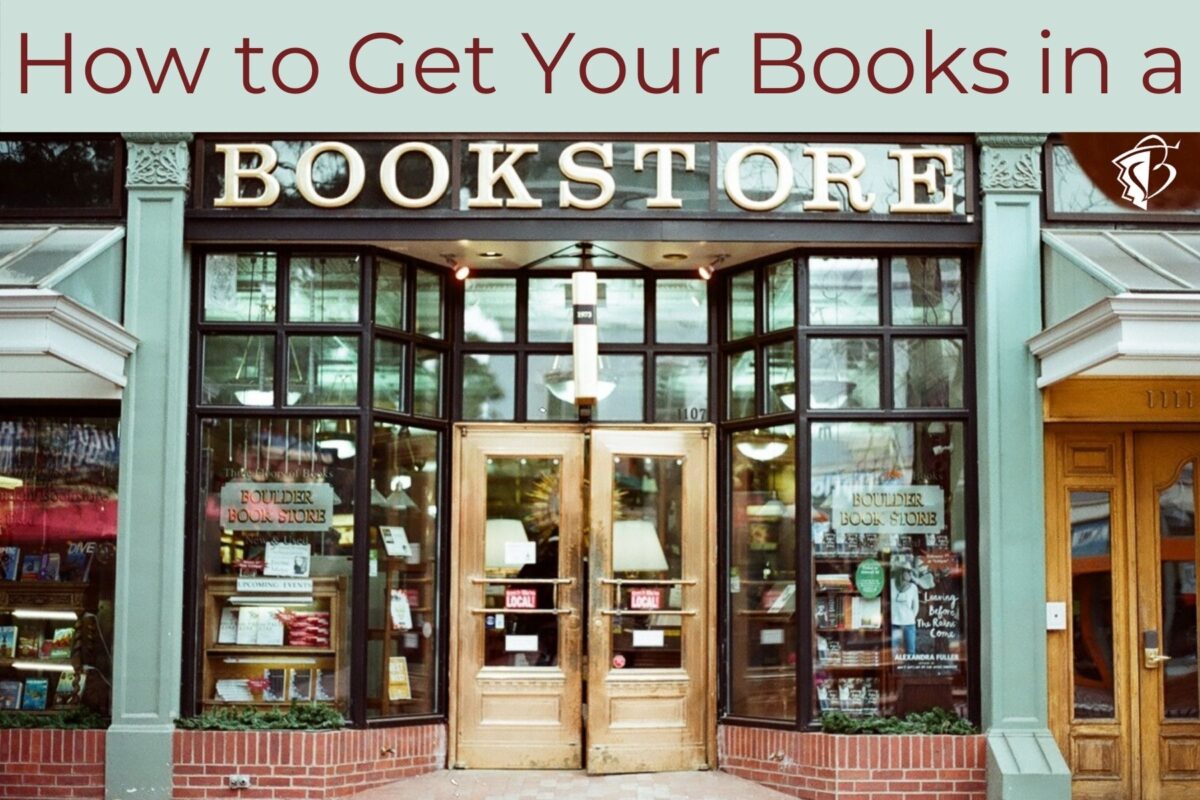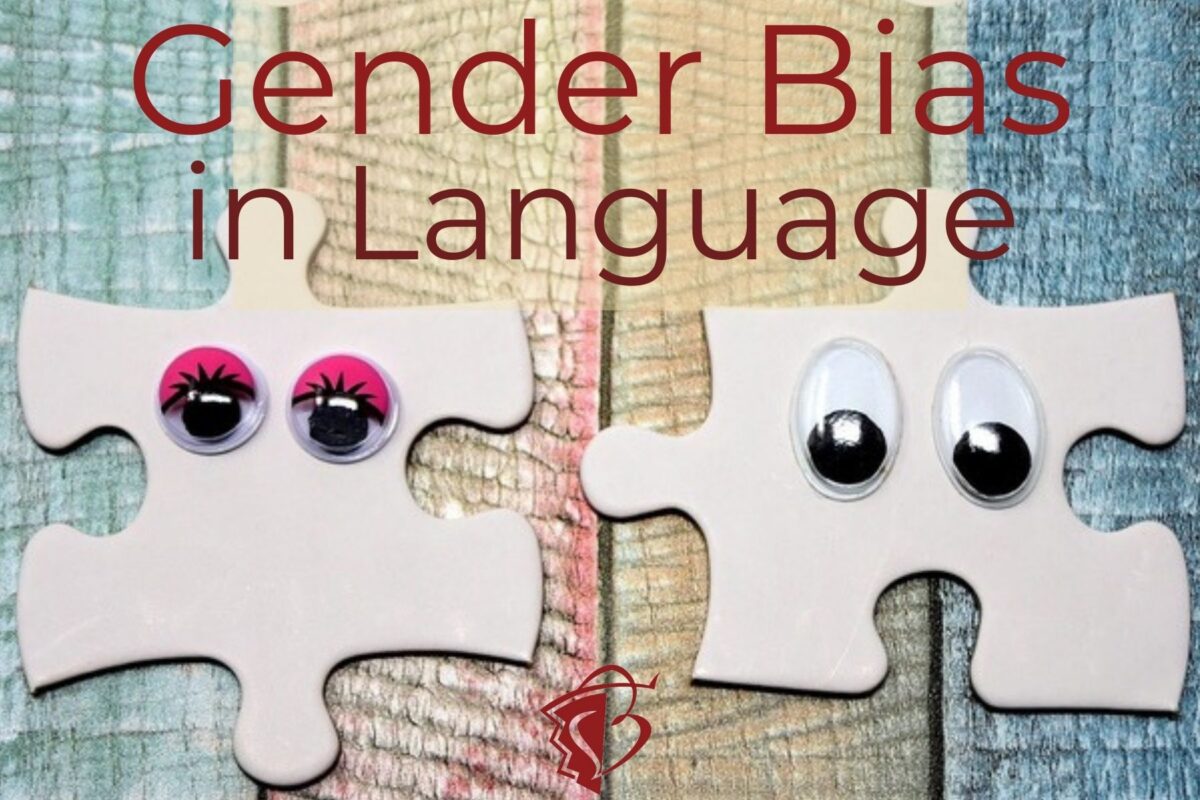If you want to publish a polished, well-crafted piece of writing, you’ll likely need feedback to help guide your revisions. Most authors, however, aren’t ready for a professional editor after the first draft. Instead, join a writer’s critique group! They’re free, they’ll make you a better writer, and they’ll help build your network. Here’s how.
To My Parents, John Lennon and Madonna
The editing question I get more often than any other is about the Oxford—or serial—comma, the comma that precedes the word “and” in a list. Here are my thoughts on that bit of punctuation.
Caution: This Article Contains Sensitive Content about Trigger Warnings
Writing a memoir, novel, essay, magazine article, or blog post sometimes requires authors to tackle some tough topics, including content that might be psychologically or emotionally difficult to read, especially to those who have experienced a trauma. How do we balance realistic depictions or discussions of challenging content with the needs of readers who could potentially be traumatized? Trigger warnings might—or might not—help. Here’s how.
Tell Me a Story: Choosing a Narrative Structure
Fiction has an obvious story arc, but memoirs and narrative nonfiction benefit from a structure that supports compelling storytelling too. Consider that your story, whether real or imagined, has a protagonist: you, if you’re writing a memoir, or a main character. Even a self-help book has a protagonist—the reader.
Dashes and Hyphens: The Which, the How, and the Why
Em dashes, en dashes, and hyphens are physically distinct and have very different uses. This brief article provides a glimpse into those uses and distinctions, so you can begin employing the punctuation marks correctly today.
How to Get Your Article Published in a Magazine
There are over 7,300 magazines published in the United States. Given these numbers, if you have an article you wish to submit to a magazine, it seems you have a good chance of getting it published. But the wide variety of publications, from news to general interest to niche to literary, also means that there is no one right way of submitting your work. Here are some ways you can get published in a magazine.
A Style Sheet: What It Is and Why Your Project Needs One
In an earlier blog post, Boulder Editor Jill Tappert discussed style guides (also known as style manuals). Style guides provide editing guidance for a particular field or subject area. You may already know what style guide your publisher wants you to follow. Alternatively, your editor can help you select the right style guide (and dictionary) […]
A Brief Guide to Style Guides
A piece of writing should be as precise, smooth, and clear as possible. To that end, it should follow the conventions of grammar, syntax, formatting, and style. (Yes, rules are sometimes broken to great effect, and there may be exceptions, but usually writing should follow these conventions.) What is style? Style covers myriad elements, such […]
Insider Tips for Getting Your Self-Published Book into Brick-and-Mortar Stores
Although more than half of all book sales (regardless of format) take place online, most authors wish to see their books in bookstores and libraries. My self-publishing clients often ask whether it’s possible for that dream to become reality. It is—if you know how and are willing to contact booksellers yourself. Compared to traditionally published […]
How to Minimize Gender Bias in Your Writing
In the distant future, gender-associated words may no longer exist, but until then, wordsmiths should be keenly aware of common gender connotations and terminology that could be offensive.

